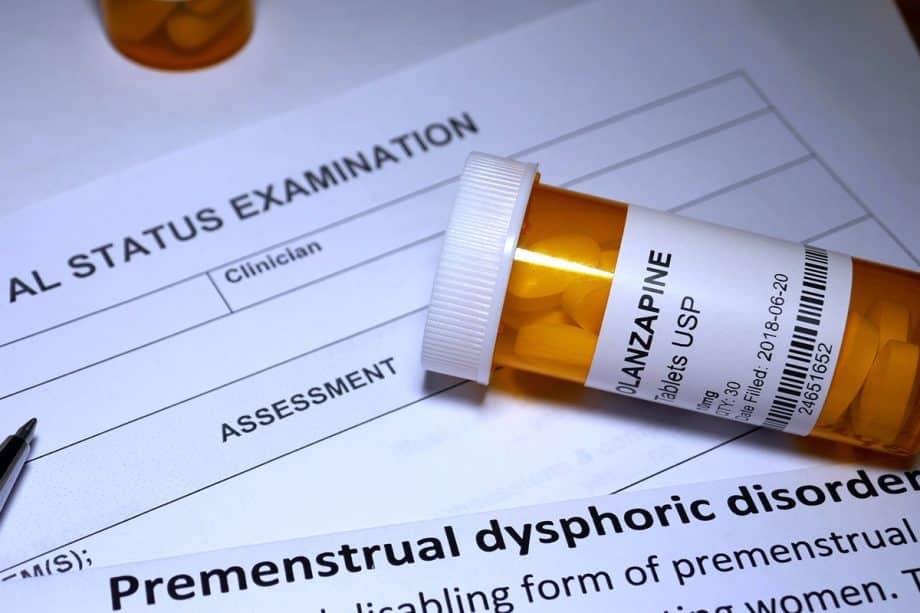Premenstrual syndrome (PMS) refers to the emotional and physical symptoms that many women experience prior to their periods. Premenstrual dysphoric disorder (PMDD), on the other hand, takes it a little further - and is more serious.
PMDD is a psychiatric disorder that can be debilitating for some women. Let’s take a closer look at what it is and how it can be treated.
What is Premenstrual Dysphoric Disorder?
Premenstrual dysphoric disorder (PMDD) is a hormone-based mood disorder that arises a few days (even a week or two) prior to the start of menstruation. This is the time when hormone levels tend to decrease after ovulation.
There has been a common misconception that PMDD is the result of a hormone imbalance, but that is simply not the case. Rather, it seems to be a negative reaction that the body has as a result of the natural fluctuations of hormones at this time.
Sadly, the specific cause of PMDD is not known, but nearly 6% of the population of those assigned as female at birth will be impacted by the disorder as they reach their reproductive years. Those with bad PMS symptoms, anxiety and/or depression, a family history of PMDD and mood disorders, or a history of trauma or abuse may be more likely to be diagnosed with this condition.
Symptoms of Premenstrual Dysphoric Disorder
Curious if you are suffering from PMDD? While a professional diagnosis is necessary, there are a few symptoms you can look out for that may signal that this is what you are dealing with. The most common signs include:
- Depressed mood, feeling hopeless and worthless
- Anger, frustration, and irritability
- Anxiety
- Mood swings
- Excessive tiredness
- Severe fatigue
- Headaches
- Back pain
- Breath tenderness
- Appetite changes, usually feeding cravings and overeating/binge eating
- Bloating
- Inability to focus or concentrate
- Insomnia
The symptoms of PMDD are enough to disrupt regular routines and normal daily functioning.
Can Premenstrual Dysphoric Disorder Be Treated?
While pregnancy and menopause may reduce or eliminate the symptoms of PMDD, you don’t have to wait to find relief. The good news is that treatment is available for those who seek it.
Psychiatrists will use a combination of antidepressants, oral contraceptive pills, and cognitive behavioral therapy. Specific treatments are personalized for each individual.
Dangers of Untreated PMDD
Because PMDD has a great impact on an individual's mood, it can lead to depression. In some instances, it can be severe. As a result, this emotional distress can interfere with daily life, including being able to function in school or on the job, as well as being able to manage personal relationships.
Without treatment, PMDD can lead to a decline in one’s quality of life - and even thoughts of suicide.
If you find yourself in this situation or are concerned for someone else, seek help immediately. Or, call the Suicide and Crisis Lifeline at 988.
PMDD at South County Psychiatry
Have you been diagnosed with Premenstrual Dysphoric Disorder? Do you feel as though you exhibit the symptoms? The team of highly-skilled mental health professionals at South County Psychiatry can help.
Contact us at one of our 5 convenient locations.

